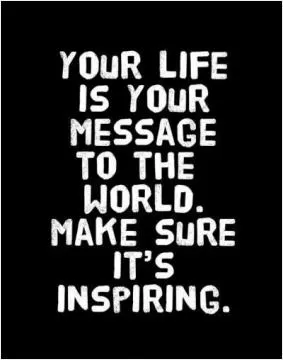Programming is like sex. One mistake and you have to support it for the rest of your life

Programming is like sex. One mistake and you have to support it for the rest of your life
Michael Sinz, a renowned computer scientist and software engineer, once famously said, “Programming is like sex. One mistake and you have to support it for the rest of your life.” This humorous yet insightful statement perfectly captures the essence of the challenges and responsibilities that come with writing code.As a pioneer in the field of software development, Michael Sinz understood the importance of precision and attention to detail in programming. Just like in sex, a single mistake in coding can have long-lasting consequences and require ongoing maintenance and support. This analogy highlights the fact that even a small error in a program can lead to significant issues down the line, requiring developers to constantly monitor and fix bugs to ensure the software functions correctly.
In the world of programming, mistakes are inevitable. Whether it’s a syntax error, a logic flaw, or a design oversight, every programmer has experienced the frustration of debugging and troubleshooting their code. However, what sets great programmers apart is their ability to learn from their mistakes and improve their skills over time. By embracing the iterative nature of software development, developers can continuously refine their code and create more robust and reliable applications.
Michael Sinz’s comparison of programming to sex also underscores the intimate relationship that developers have with their code. Just as a person must take responsibility for their actions in a relationship, programmers must take ownership of their code and ensure that it meets the needs of its users. This requires a deep understanding of the problem domain, effective communication with stakeholders, and a commitment to delivering high-quality software.












 Friendship Quotes
Friendship Quotes Love Quotes
Love Quotes Life Quotes
Life Quotes Funny Quotes
Funny Quotes Motivational Quotes
Motivational Quotes Inspirational Quotes
Inspirational Quotes